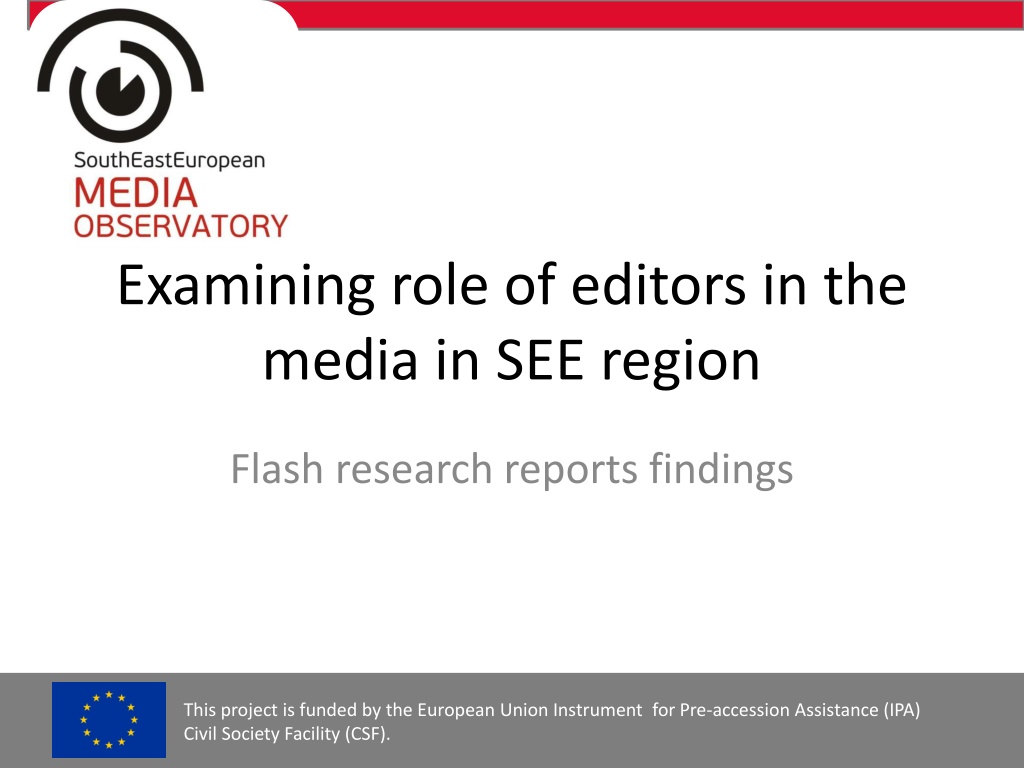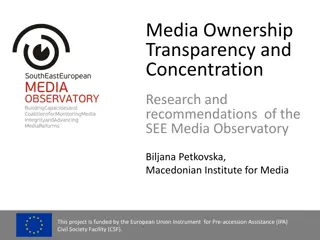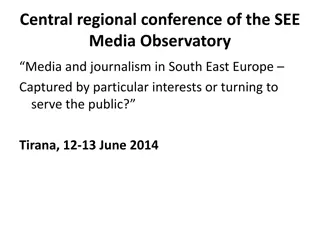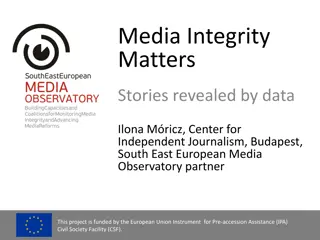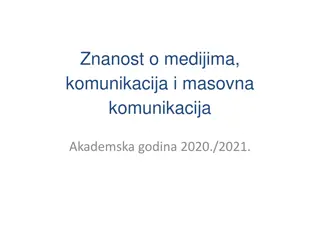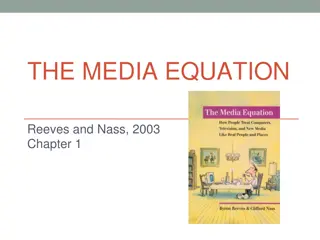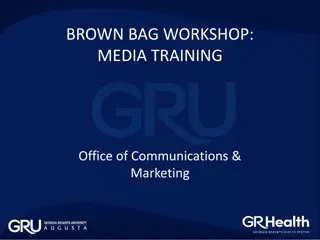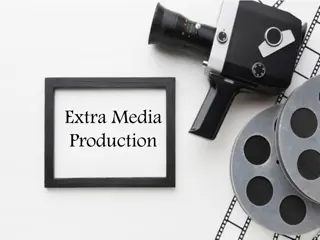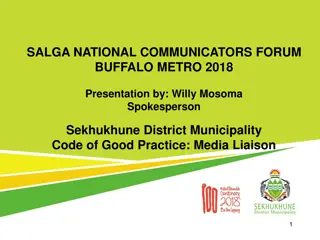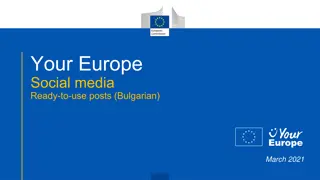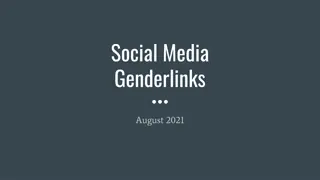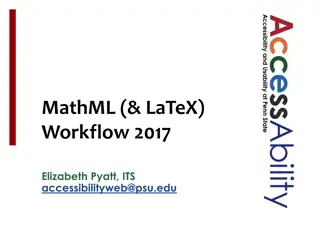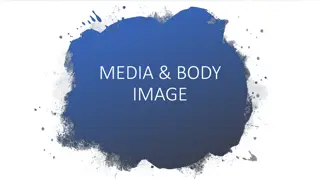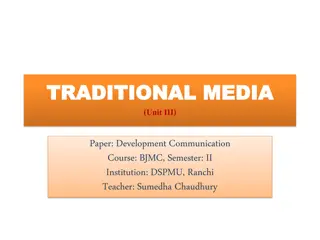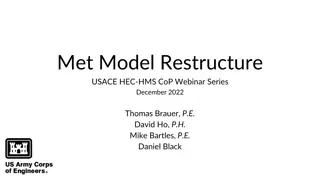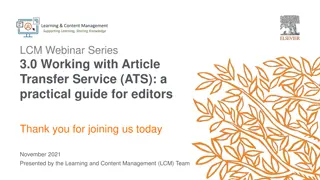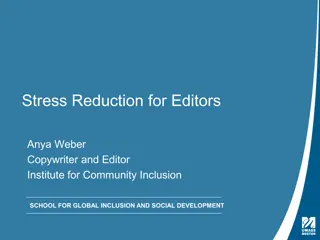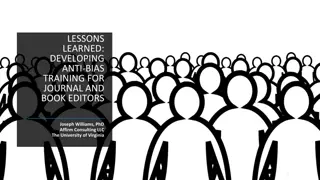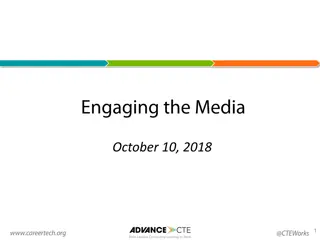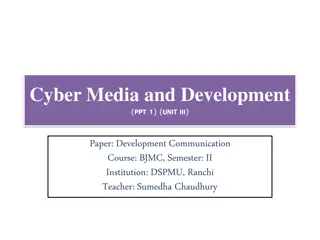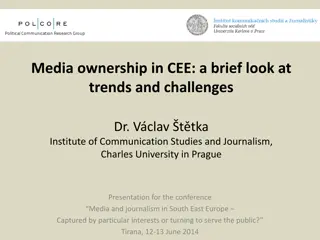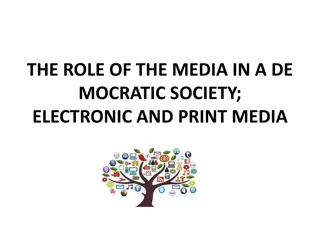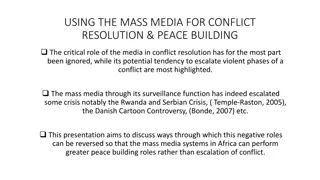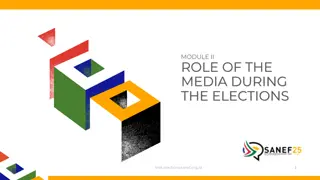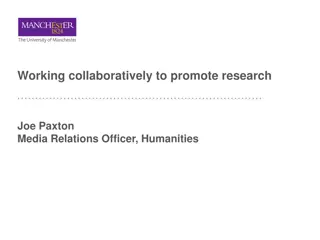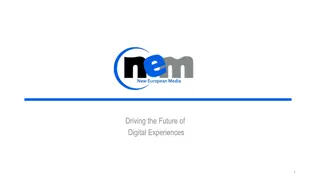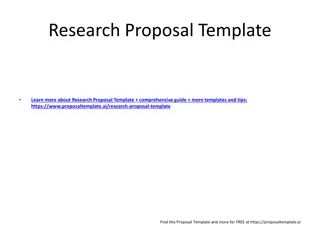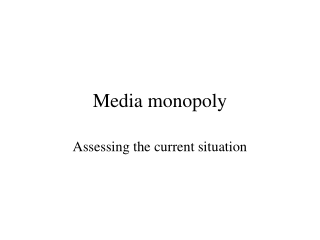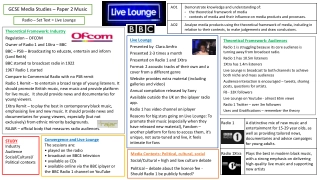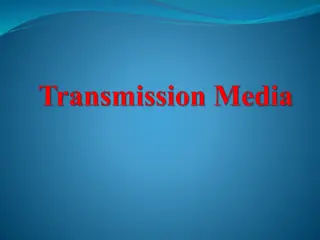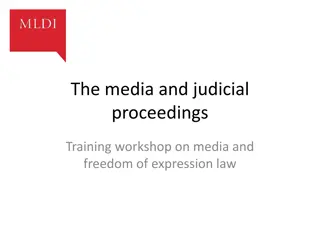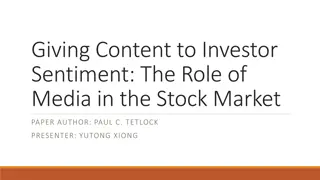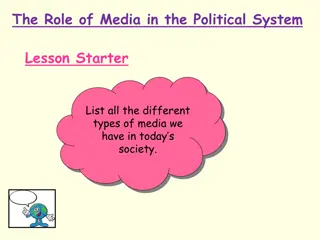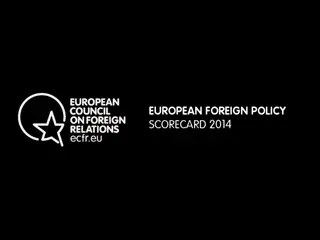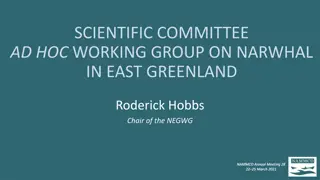Role of Editors in Media in South East Europe: Research Findings
Research funded by the European Union examines the role of editors in the media in six South East European countries. The study evaluates factors influencing editors' work, including regulation, education, hiring procedures, and economic/political situations. Findings reveal challenges in legislation, lack of specific responsibilities for editors, and limited self-regulation in media outlets.
Download Presentation

Please find below an Image/Link to download the presentation.
The content on the website is provided AS IS for your information and personal use only. It may not be sold, licensed, or shared on other websites without obtaining consent from the author. Download presentation by click this link. If you encounter any issues during the download, it is possible that the publisher has removed the file from their server.
E N D
Presentation Transcript
Examining role of editors in the media in SEE region Flash research reports findings This project is funded by the European Union Instrument for Pre-accession Assistance (IPA) Civil Society Facility (CSF).
Role of editors in the media in SEE -Research carried out in six countries of SEE (Albania, Bosnia and Herzegovina, Serbia, Kosovo, Macedonia, and Montenegro.) -Based on surveys with editors and other stakeholders, in-depth interviews, and secondary research, conducted in the period February-April, 2016.) -The main aim: assess the role of editors in the media in the region, and analyze the factors and actors that affect their work, and ultimately influence on media content and public interest-oriented journalism. -Main aspects analyzed: regulation regarding editors and content, education and career path of editors, the hiring and dismissal procedures, and their economic and political situation. This project is funded by the European Union Instrument for Pre-accession Assistance (IPA) Civil Society Facility (CSF).
Role of editors in the media in SEE Regulation -Editors are not a special category in legislation in all countries in SEE, and their responsibilities and rights are not distinguished from those of journalists. - In general there is good legal framework of freedom of expression, also largely guaranteeing the editorial freedom and independence. The law mentions general professional norms that should be respected, but fails to develop other mechanisms that would respect the implementation in practice. -The regulation tends to be more detailed in most countries in PBS, especially in relation to incompatibility criteria for editors-in-chief, but their appointment in practice tends to be politically influenced. This project is funded by the European Union Instrument for Pre-accession Assistance (IPA) Civil Society Facility (CSF).
Role of editors in the media in SEE Regulation -Even in cases when the law can be more specific, such as when it comes to the position and responsibilities of editors vs. the public, due to weak self-regulation mechanisms or to lengthy and inefficient court processes, the editors are not always held responsible for their work. -In some countries, the editors also point out to failure of the police and courts to guarantee a safe climate for journalists and editors, which leads to a lack of motivation for editors to continue doing their job. -Despite the general guarantees in media legislation on editorial independence, most editors do not see a real problem in the legislation, and also indicate that no law can bring editorial independence on its own. This project is funded by the European Union Instrument for Pre-accession Assistance (IPA) Civil Society Facility (CSF).
Role of editors in the media in SEE Self-regulation -Most media do not have written editorial policies or internal regulation, especially regulating the relations between the owner and the editor, and the editor and journalists. Even in countries where models of such contracts have been proposed, there is no evidence that they have been adopted by media outlets. -A few media outlets, especially in public broadcasters, have adopted editorial guidelines, but the role of editors is not specifically addressed. -Association of editors are largely missing, due to politically or ethnically divided media communities, or in some cases due to lack of trust in existing associations or self-regulatory bodies. -There are also some success stories, where the Press Commission in Bosnia indicates that editors are largely responsive to the complaints. This project is funded by the European Union Instrument for Pre-accession Assistance (IPA) Civil Society Facility (CSF).
Role of editors in the media in SEE Education and career path of editors - Most editors seem to come from social sciences degrees, rather than journalism. However, editors in all countries agree that education is not the decisive factor in becoming an editor, and often neither is experience, or professional qualifications. -Hiring procedures are usually non-transparent and public calls do not specify professional integrity. In some countries, especially in PBS, there is obligation to have public competition on appointment of editors, but there is no transparency on the decision of hiring. The newsrooms are not involved, the decision is made by management. -The main reasons for hiring and firing appear to be political affiliation and loyalty for PBS, on one hand, and conformism for commercial media, on the other hand. This project is funded by the European Union Instrument for Pre-accession Assistance (IPA) Civil Society Facility (CSF).
Role of editors in the media in SEE Economic situation of editors - Lack of transparency on wages of editors, in many countries considered a state secret. Figures indicate that there is a wide gap between editors and journalists in terms of salary, and there is also more preferential treatment, in terms of receiving the salary on time. -However, there are also cases when editors lack contracts, and are not paid for their work. -Overall, the editors were still considered underpaid in terms of the workload they had. The possibility of holding second jobs: a reality for many, but no agreement on the conflict of interest that emerged. -Even though editors are the best paid in the newsroom, all editors agreed this is no guarantee that they would engage in public interest-oriented journalism. The way media system is financed, leads to a dependent media system from the beginning, and no editor can face up to this challenge. This project is funded by the European Union Instrument for Pre-accession Assistance (IPA) Civil Society Facility (CSF).
Role of editors in the media in SEE Editors and politics - Different practices regarding affiliation of editors with political parties, but political influence in media content is visible in all countries. - The triangle politics- business- media turns into the Bermuda triangle for the editors, and cases of rebellion are extremely rare. This includes both political pressure and soft censorship from advertisers. Even when there are cases that seek to affirm editorial independence, there is a high price to pay, and media increasingly seek to avoid this path. -The close relation of media owners to politics and the lack of guarantees for editorial independence seems to weaken the role and value of editors in the media. -Success stories: media funded by foreign donors, with greater freedom and attracting good journalists, but the question on their sustainability remains. This project is funded by the European Union Instrument for Pre-accession Assistance (IPA) Civil Society Facility (CSF).
Role of editors in the media in SEE Main trends: - Rise of media owners and decline of editors - Change in system of values: A key requirement: the ability to compromise with the management: looking for cheap, but fast, disciplined, and ambitious runners -Anyone has the potential to become a media editor at this time, but it is no longer seen as a respected job. -Absence of public debate on role of editors, and a feeling of resignation to the reality - Loss of editors as moral authority of the recent past This project is funded by the European Union Instrument for Pre-accession Assistance (IPA) Civil Society Facility (CSF).
